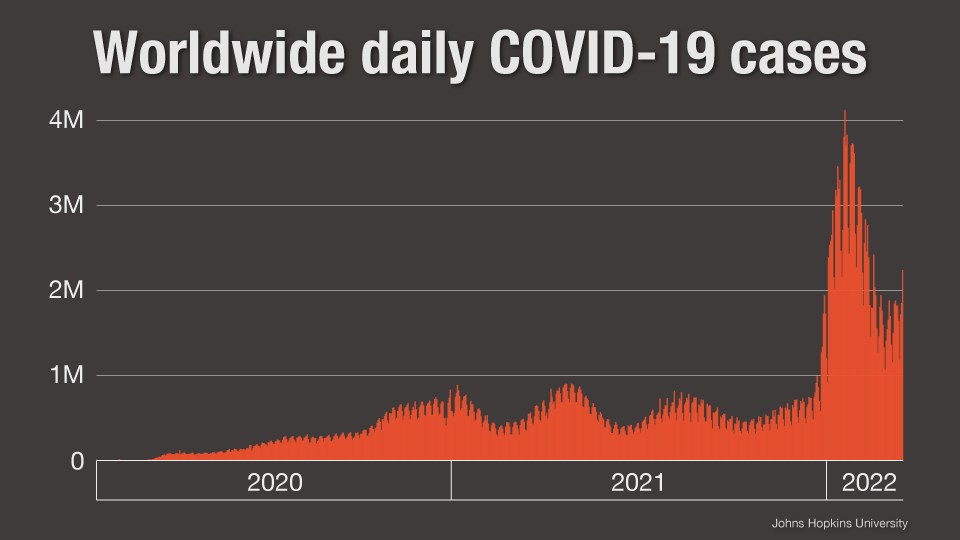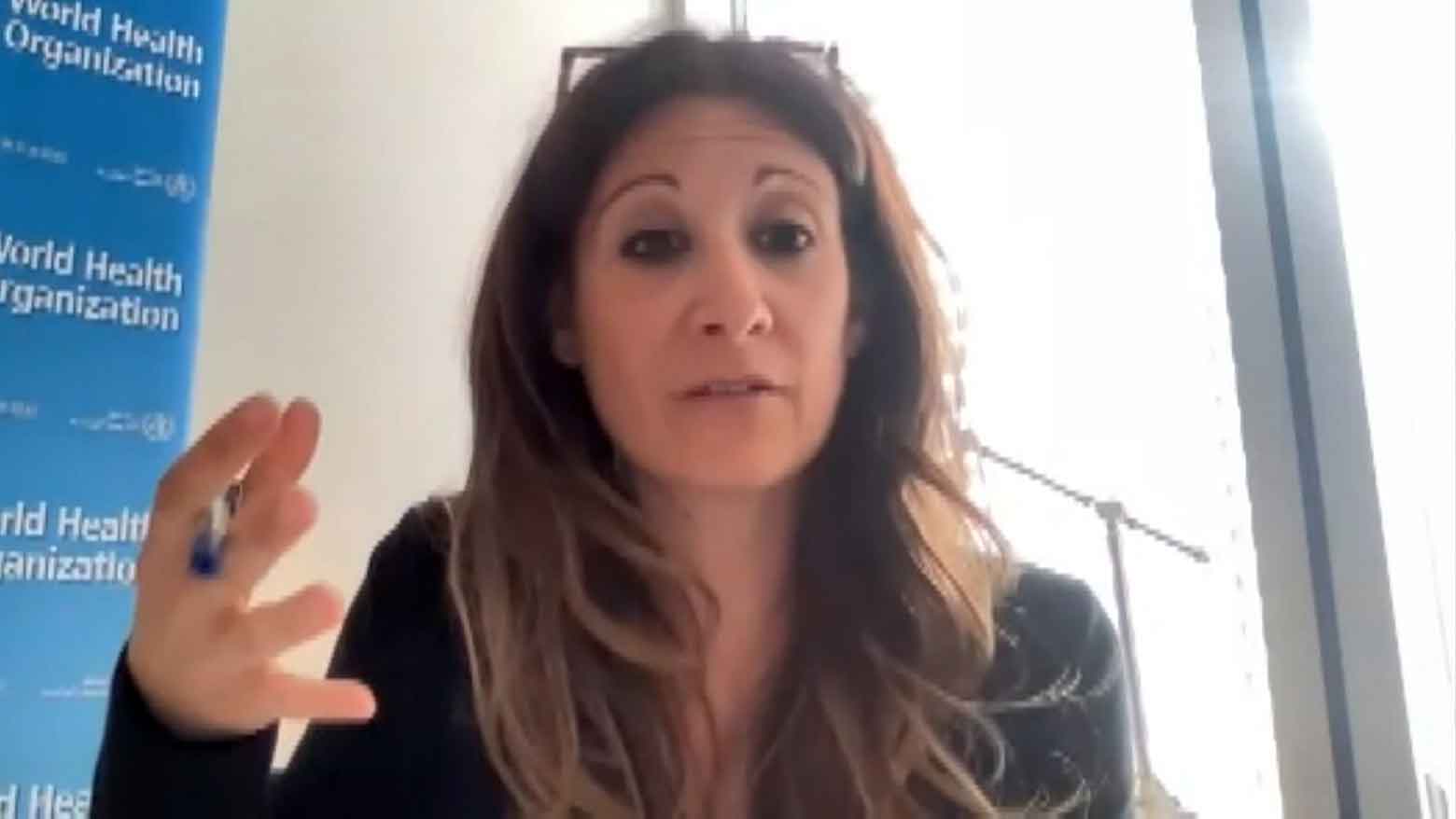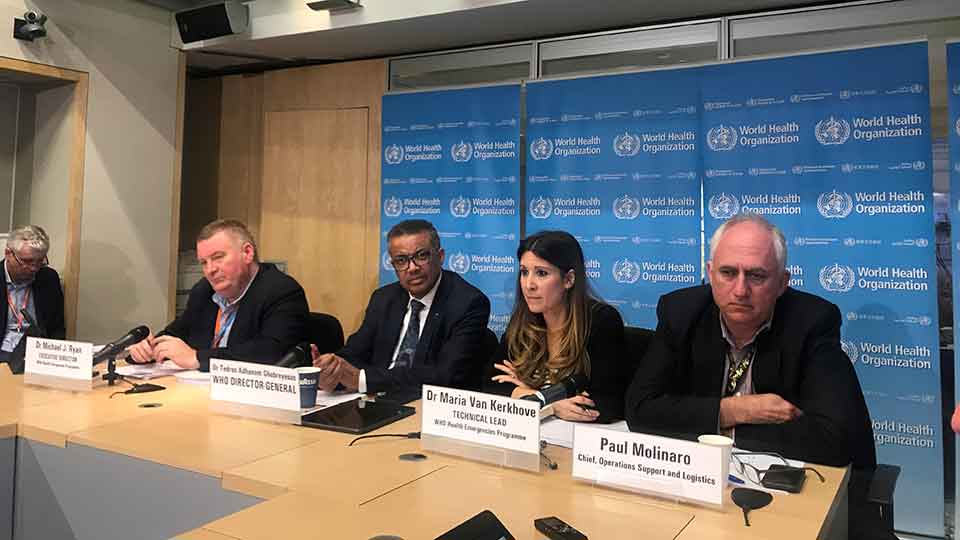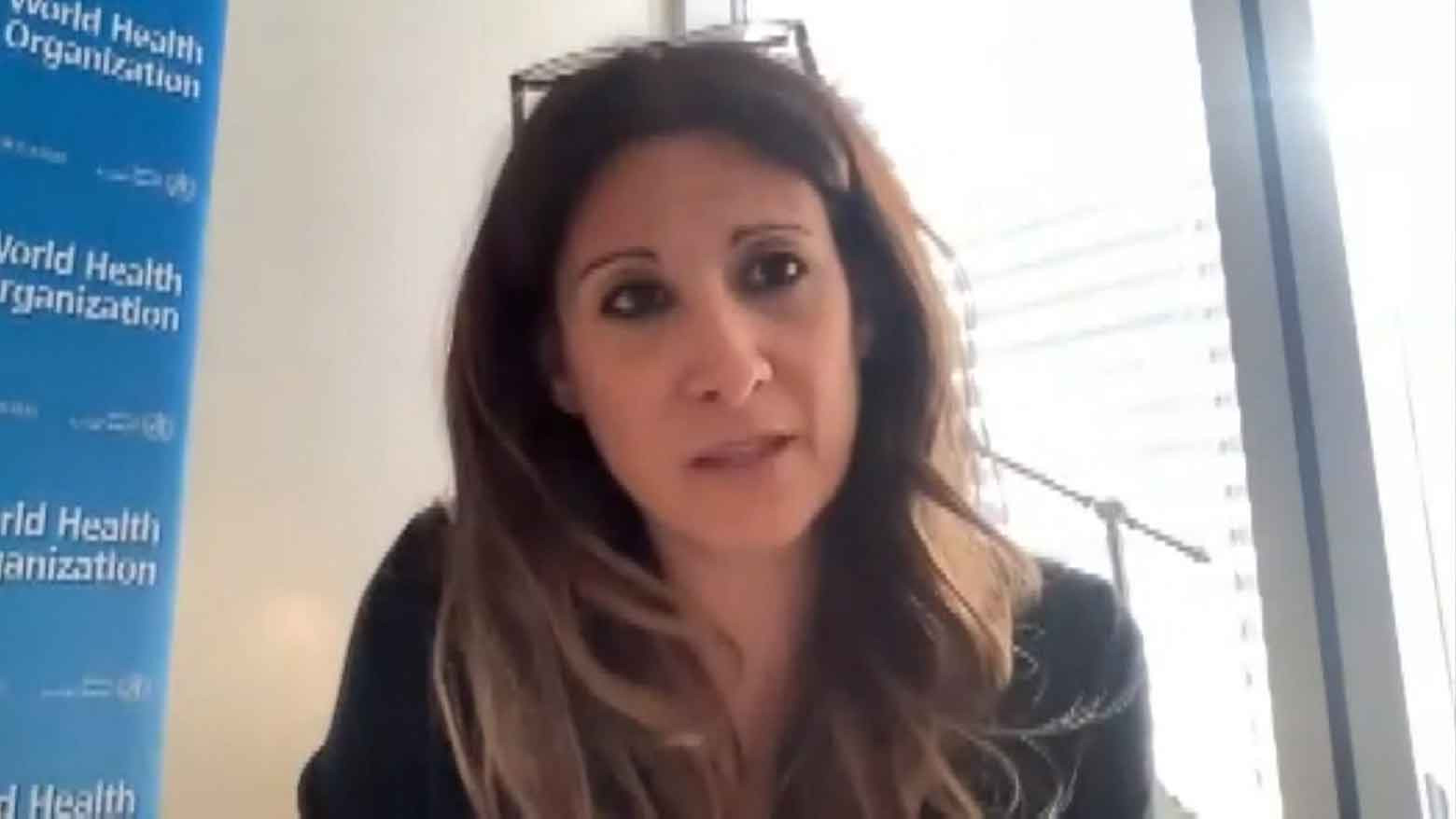What should we make of the recent decline in cases and deaths?
I think one of the reasons we are seeing that decline is because many countries have actually passed their peak of Omicron. Others have not. However, a number of countries have actually reduced the amount of testing that they have been doing, because many countries feel that the pandemic is really over. And unfortunately, it's not. Unfortunately, we're still in the middle of it.
The reason we've seen such a decoupling of cases and deaths is because of vaccines and the use of vaccines worldwide, with more than 10 billion doses being used worldwide. However, there’s still a large number of people who don’t have access to the vaccine. And so the deaths that we are seeing, which is still between 50, 60, 70,000 people per week, it's an incredibly high number.

Do you think the threat posed by the virus is going to become less severe?
For a virus to become endemic, and SARS-CoV-2 is on its way to becoming endemic worldwide, that doesn’t mean it's not dangerous and it doesn't mean that we give up.
We won’t prevent all infections, we won't prevent all onward transmission, but we have to take the heat out of this. It's still transmitting at a way too high level and we have the risk of future variants of concern. And this is what provides us with a lot of uncertainty as we think into the third year and even into the future.

What do you expect to happen with the virus?
The virus is still evolving, so we expect there will be more virus evolution. There will be further changes to SARS-CoV-2. The uncertainty is what the next variant will look like. Certainly, we think the next variant of concern will be more fit because it will have to replace whatever is circulating. So whatever emerges, it's not necessarily just the emergence of a variant that has to replace what is circulating. So it's likely to be more fit, more transmissible.
About severity, we have to be very careful because it can either be more severe or it can be less severe. There is no certainty that the next variant of concern will be less severe, and there's a lot of language recently of people stating that the next variant will be less severe.
So the virus is not actually getting less severe?
I'm sure you’ve heard the suggestions that Omicron has become more like the common cold. It hasn’t. It is still a very dangerous virus. And even some countries that have gone through their Omicron wave, had higher numbers of deaths than during the Delta wave. So it is not the common cold. It is also not influenza. One of the future trajectories of this virus of SARS-CoV-2 will be seasonal patterns. We expect there to be some kind of seasonality because it's a respiratory pathogen, but we're not there yet. This virus takes every opportunity it can to spread.
Do you think vaccine inequity is prolonging the pandemic?
Absolutely, vaccine inequity is prolonging the pandemic. There's no question in my mind. If you think about the ethics of this, the morality of this, it's a total failure in that respect. Scientifically, the fact that we have COVID-19 vaccines, so many safe and effective ones, is a scientific triumph. But the fact that we have not distributed those equally, or provided access to all countries, is a moral failure. And this is what we need to focus on this year.
Ending the COVID 19 emergency is our aim for 2022. We won't end the pandemic necessarily because this virus is here with us to stay, but we can end the emergency of it. This is really driven by vaccine equity, and this is something we all have to fight for.

An international field mission traveled to China in January 2021 and worked with scientists there to study the origins of the virus. Based on this work, Dr. Tedros [Adhanom Ghebreyesus, Director-General of the WHO] reiterated that all hypotheses remain open and need further study. How much longer do you think it will be before we know how this virus started?
It will take more time. Unfortunately, we don't have the answers yet. For SARS-CoV-2, there is more work to be done in China and elsewhere for us to better understand those earliest cases. Some of the critical things that are still missing are looking at some of the upstream market studies. Where were the source farms? What studies were done at those source farms, for the Huanan market and for markets within Wuhan that sold animals? What are the results of the serologic testing for populations within Wuhan? For populations who worked at those markets, who worked at those source farms? What does the animal trade look like? These are really critical pieces of work, which we don't have the answers to.
We also need further studies outside of China to look at SARS-CoV-2, like viruses that are circulating across the region in bats and other populations. We know there are many animals, some animals that are susceptible to SARS-CoV-2 infection, so we still need to look at the trade of animals. We need to look at bats.
What could be the next threat?
The biggest threat that I see right now is complacency. And thinking that it's just over and that there’s nothing more to do. We are asking all people, all governments, to remain cautious. I think all of us are really fatigued and really tired and really want to be done with this. Just because we're tired of this virus doesn't mean that it’s done with us and we can't give up.


